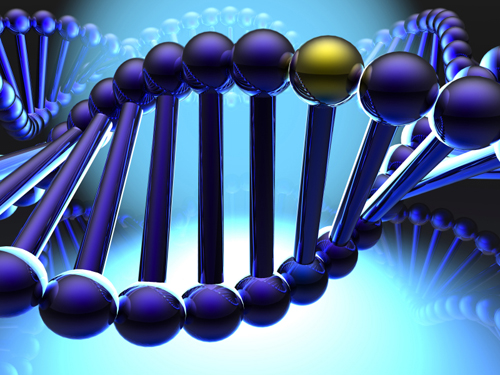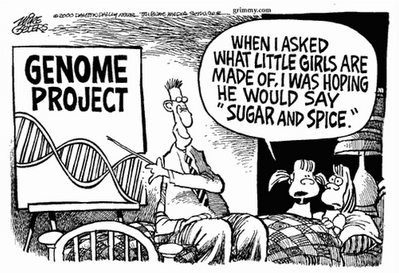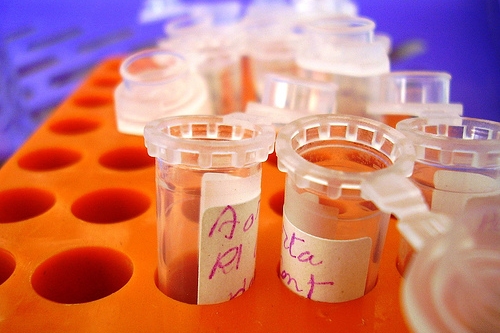Scientists Identify Possible Autism Gene Mutations
Few medical diagnoses are subject to as much debate as autism. The controversy over whether or not vaccines might cause autism still rages on with all the ferocity of a wildfire. One debate over autism might finally be put to rest: whether or not there is a genetic link that causes the condition. A group of independent scientists from the Yale University School of Medicine and other institutions have identified several gene mutations that drastically increase the risk of autism. However, this research is still in its infancy and it should not be considered a smoking gun. More studies are needed.
What Are Gene Mutations?
Every gene is made up of sequences of DNA. Gene mutations occur when a DNA sequence is permanently changed. This change could affect a large (relatively speaking) section of the DNA, or it could affect only a solitary DNA building block. Gene mutations can be acquired or inherited. A third type of mutation is called a de novo mutation. This means that the change in the DNA sequence occurred in an egg or a sperm cell, or right after fertilization. A child with a de novo mutation might have a genetic disorder, but lacks a family history of that disorder.
The Autism Gene Mutations
The autism gene mutations that the researchers recently identified were de novo mutations. This could explain why some children are autistic despite having no family history of the condition. Furthermore, the study found that the chances of having a de novo mutation in the sperm increased along with the father’s age. This supports earlier research that associated older fathers with a greater likelihood of autism in their children. The cut-off age for fathers, after which the likelihood of autism increases, is believed to be 35.
The Study
This study was released in three papers in the Nature journal. The first paper discussed the association with the father’s age and the gene mutations. The second paper examined three genes associated with autism, and the third paper discussed multiple mutations in genes that are associated with the development of the brain.
The scientists examined more than 900 individuals from more than 150 families. They took blood samples to study the DNA. In particular, the scientists focused on families in which the parents are not autistic, but one or more children are.
The Results
The results of the study reveal that although a link between de novo gene mutations and autism is established, these mutations could account for only a small fraction of autism diagnoses. Experts suggest that it is likely that autism could be caused by a wide range of mutations, possibly in hundreds of genes. The study also does not rule out possible environmental factors that could contribute to the development of autism. One thing is for certain: more research is needed in this area.





